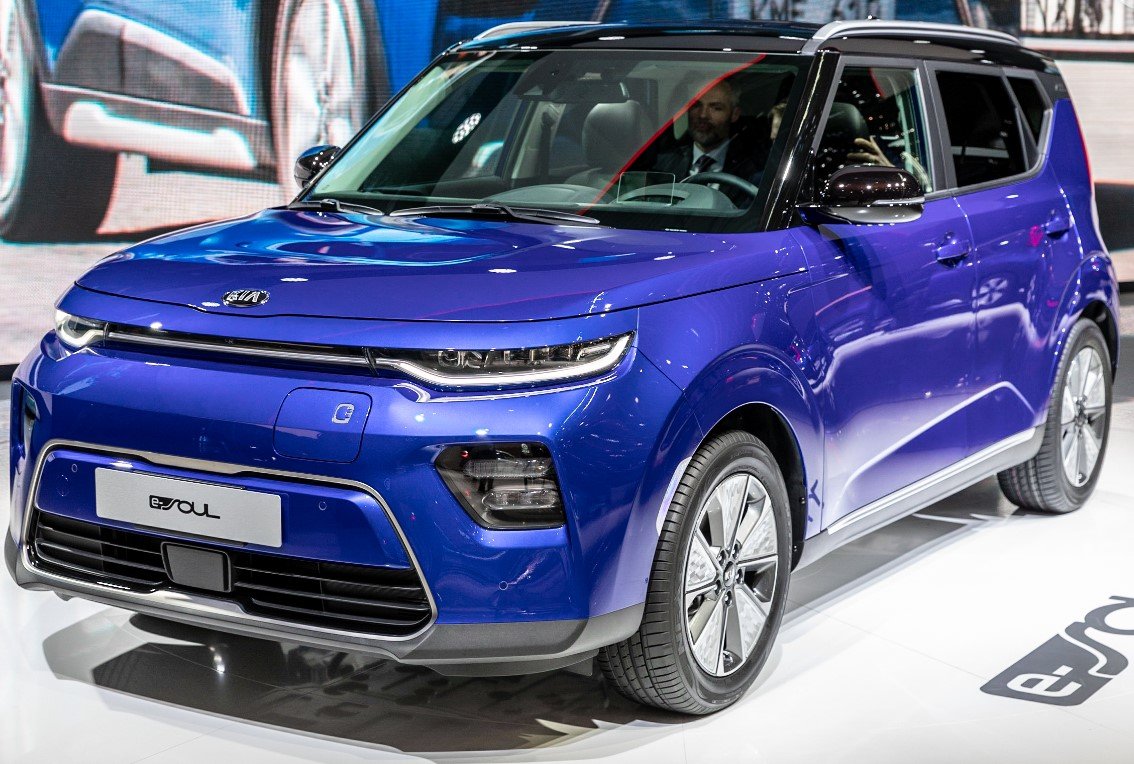The automotive landscape is shifting, and the emergence of low-priced Chinese electric vehicles (EVs) from Mexico is causing ripples across the industry. As these affordable EVs enter the US market, American automakers face a formidable challenge. Let’s delve into the details:
Chinese car manufacturers have strategically set up operations in Mexico, leveraging North American trade rules. Once established, they flood the US market with ultra-low-priced electric vehicles. In contrast, homegrown American EVs—averaging around $55,000—struggle to compete. The consequences are dire: factories shutter, jobs vanish, and the heartland of American industry feels the impact.

The Trade Deal Dilemma
The US-Mexico-Canada Agreement (USMCA), negotiated in 2020, could inadvertently enable Chinese EVs assembled in Mexico to enter the United States. Whether duty-free or subject to a nominal 2.5% tariff, these vehicles would undercut typical US prices. The Alliance for American Manufacturing warns that this scenario could be an “extinction-level event” for the US auto industry.
Navigating the Crossroads
To mitigate this threat, the US has options. Customs officials could disqualify Chinese EVs from low-duty benefits, or policymakers could pressure Mexico to keep them out. Alternatively, invoking national security concerns might bar Chinese EVs altogether. Former President Donald Trump even suggested imposing a 100% tariff to protect American business interests.
In the race toward an electrified future, American automakers must grapple with this challenge while investing heavily in EV production. The stakes are high, and the road ahead is electrifyingly uncertain.
















